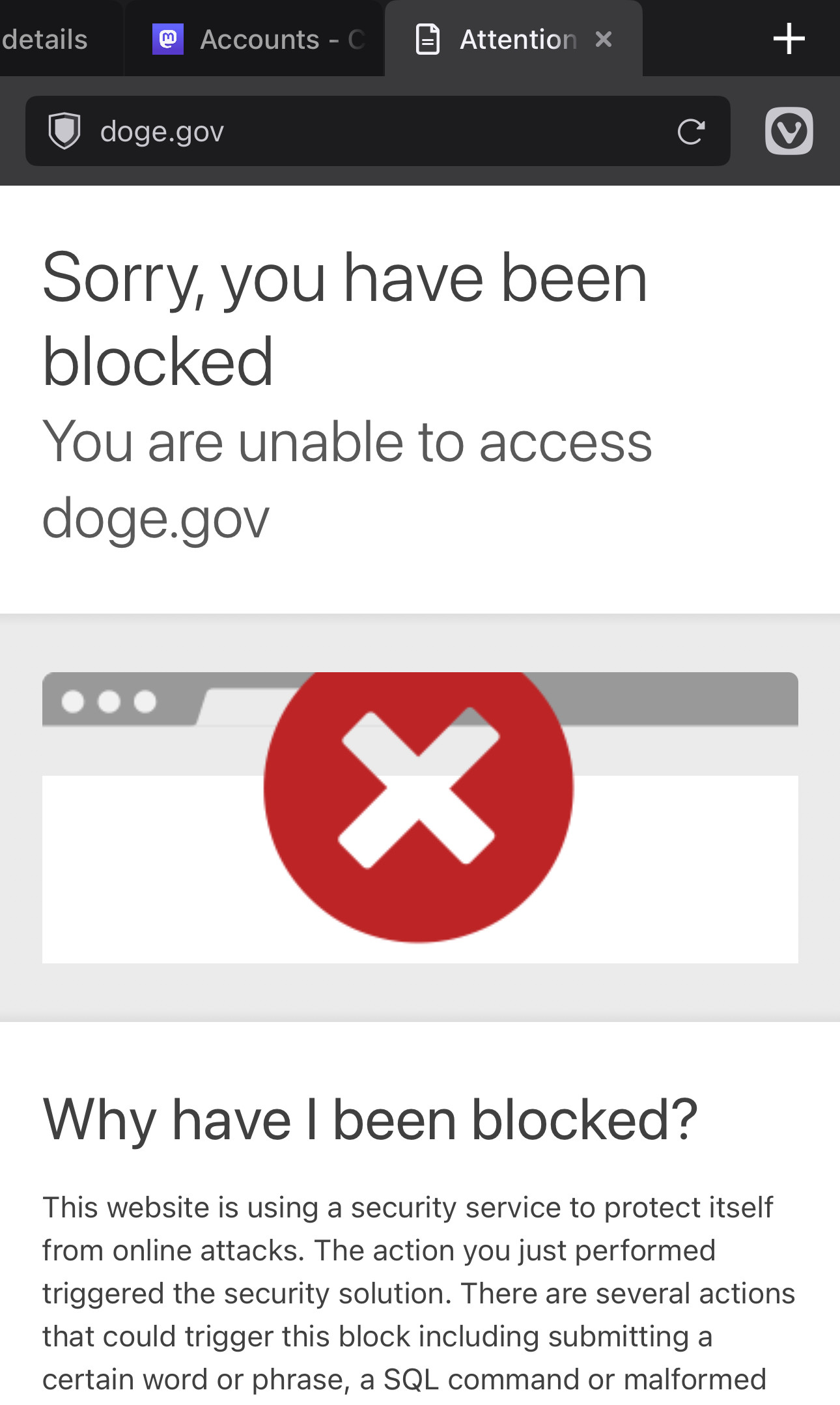Facebook is used to make announcements to RUC students. The internal
RUC website (outside of Facebook) is littered with FB references.
There are social events that are officially
school-sanctioned which appear exclusively on Facebook.
Some might say “fair enough” because social events are non-essential
and purely for entertainment. However, RUC has organized all the
coursework around group projects. A culture of social bonding is
considered important enough to justify having school-sanctioned
parties on campus. The organisers have gone as far as to
strategically divide student parties and to discourage intermingling
across the parties so that students form more bonds with the peers
they work with academically. Social bonding is an integral component
of the study program.
Announcing these social events exclusively on Facebook creates an
irresistible temptation for non-Facebook users to join. Students face
an ultimatum: either become a serf of Facebook, or accept social
isolation. It also destroys any hope of existing FB users who want to
break away from a Facebook
addiction from
doing so. Students without Facebook accounts are naturally in the
dark. Facebook non-patrons may be able to catch ad-hoc hallway
chatter about school events but this is a reckless approach.
When the official class schedule is incorrectly published, students who
discover the error in advance announce it on Facebook. Facebook then
stands as the only source of information for schedule corrections,
causing Facebook non-patrons to either miss class or show up for a
class that doesn't exist.
Unofficial student-led seminars and workshops are sometimes announced
exclusively on Facebook. These workshops are optional but academic
nonetheless.
Sometimes information exists on the school website and is duplicated
on Facebook. The information becomes very well buried on the poorly
organized school website because the maintainers are paying more
attention to the Facebook publication that they assume everyone is
reading. Specifically the study abroad program has two versions of
the document that lists all the foreign schools for which there is an
exchange program. One version is obsolete showing schools that no
longer participate. Both versions appear in different parts of the
website. The schedule of study abroad workshops is so buried that a
student relying on the school website is unlikely to know that the
workshops even exist. Removing the Facebook distraction would perhaps mitigate the
website neglect.
RUC does not instruct students to establish Facebook accounts. There
is simply a silent expectation that students are already Facebook
serfs. Some of the above mentioned problems can come as a surprise
because Facebook excludes non-members from even viewing the content,
so non-patrons don’t even have a way to see what kind of information
they are missing. There is an immense undercurrent of pressure for
RUC students to become addicted loyal patrons of Facebook's corporate
walled-garden.
